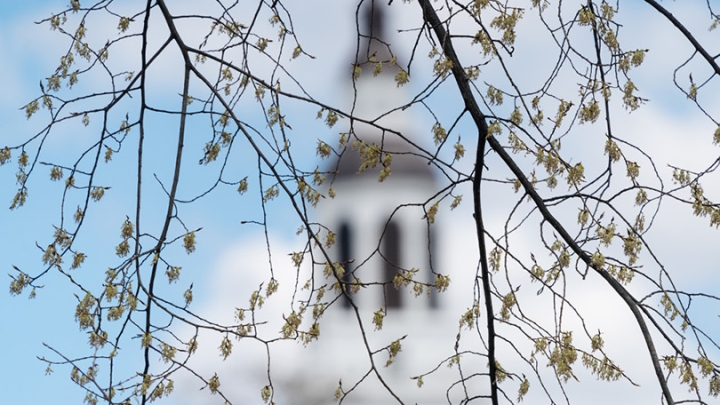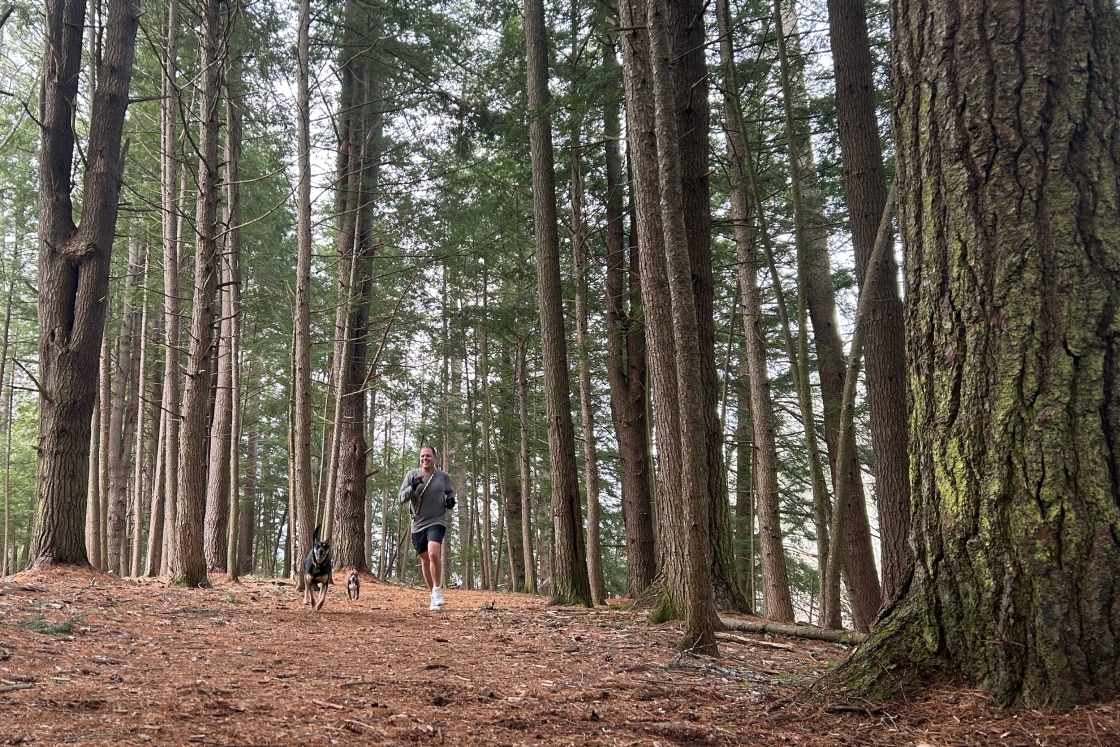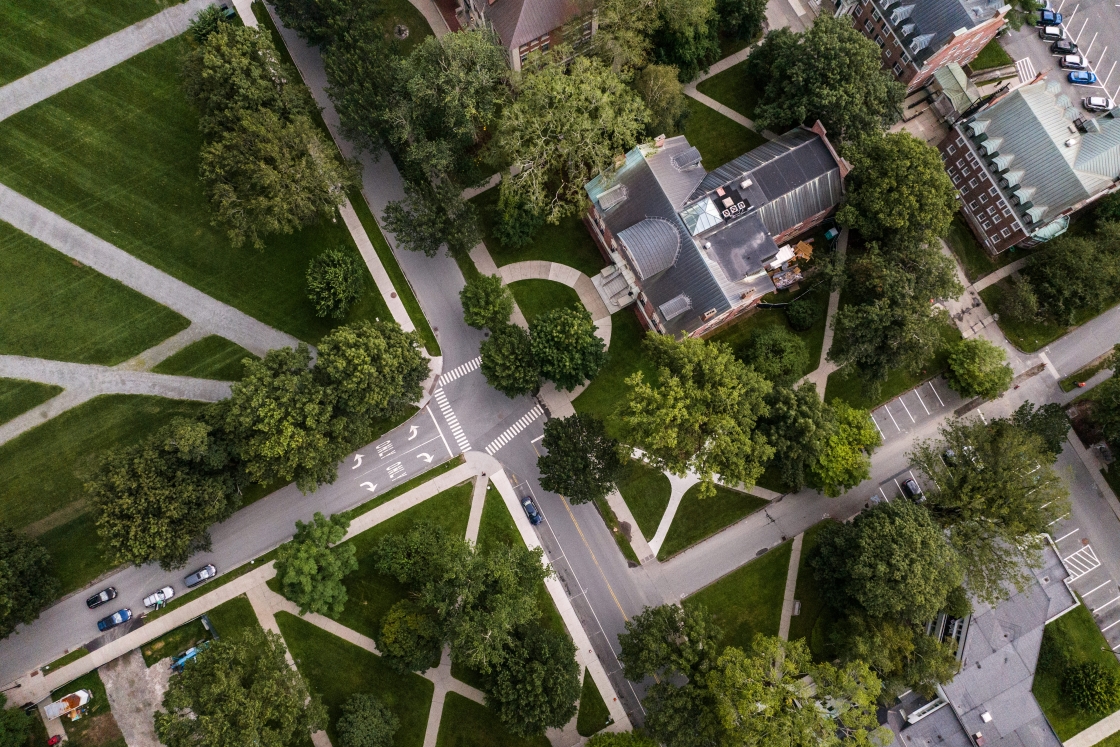The Dartmouth community and area residents will have two chances next month to learn about Dartmouth’s master plan, a strategic framework, still in the early stages, that will drive decisions about future development of College land and facilities.
At 7 p.m. on Thursday, May 9, Dartmouth will host a public open house in Moore Hall’s Filene Auditorium. Members of the planning team will be available for discussion. Refreshments will be served. At noon on May 14, the next regular town hall meeting in the Hopkins Center for the Arts’ Spaulding Auditorium will offer another chance to hear about—and give feedback on—the master plan, which is being developed.
“As we move ahead on important initiatives that will ensure that our buildings and other spaces serve the College’s mission and goals, it’s crucial that we keep community members and neighbors informed at key steps along the way,” says Joanna Whitcomb, director of campus planning. “And we want it to be a two-way conversation.”
The plan will chart a course for campus preservation and development over the next 20 years, including buildings, landscape, open spaces and infrastructure, and area real estate. In addition to planning for campus property, the master plan will look at land the College owns in other locations, including at Mount Moosilauke, in Warren, N.H.; the Second College Grant in Errol, N.H.; and land adjacent to the Dartmouth-Hitchcock Medical Center in Lebanon, N.H.
Whitcomb says the plan will take another six months to complete. “We’re about a third of the way through the process of collecting data and performing analyses, and we’re seeking input from the community on things like parking, traffic, housing, landscape, aesthetics, and sustainability.”
The meetings will update progress on projects already under construction, including the rebuilding of Dana Hall and the west end expansion, as well as those on which construction has not yet begun, such as the future home of the Arthur L. Irving Institute for Energy and Society and the proposed $200 million biomass energy facility and transition from steam to hot water heat in most campus buildings.
The last campus master plan was completed in 1998 by architect Lo-Yi Chan ’54. For the current plan, Dartmouth is working with architects and planners at Beyer Blinder Belle in New York City and landscape architects Michael Van Valkenburgh Associates, based in New York City and Cambridge, Mass. The team also includes specialists in transportation and parking, sustainability, infrastructure, energy use, and sustainable stormwater management, all of whom will attend the May 9 open house.
In addition to the information meetings, the master plan team will survey students, faculty, and staff about the ways in which they use the campus. The survey will be emailed to the Dartmouth community the week of May 6.
“The master plan is taking shape at an important moment, as Dartmouth celebrates its 250th year,” says Provost Joseph Helble. “I hope the full campus community and area community members alike will participate in this process to help Dartmouth create a workable blueprint for many years to come.”


